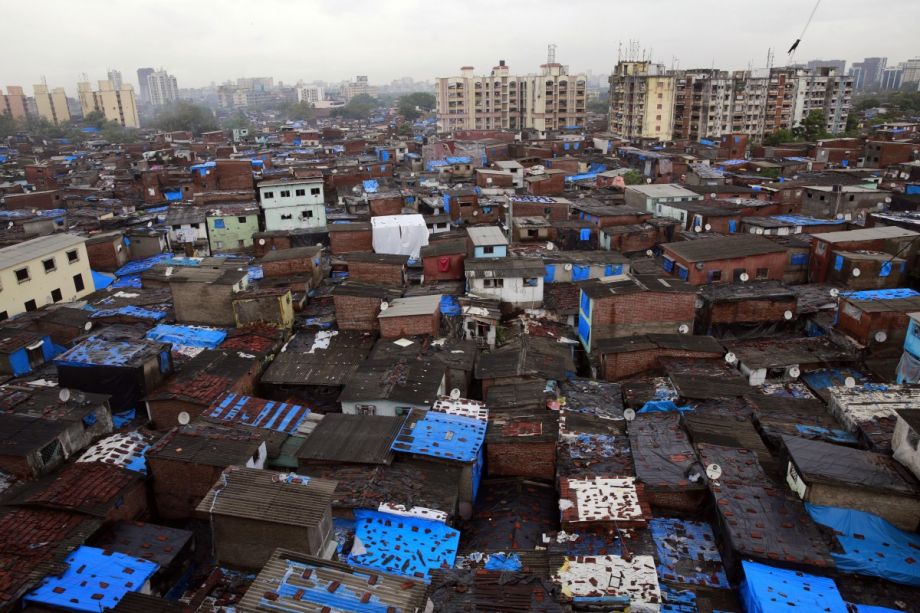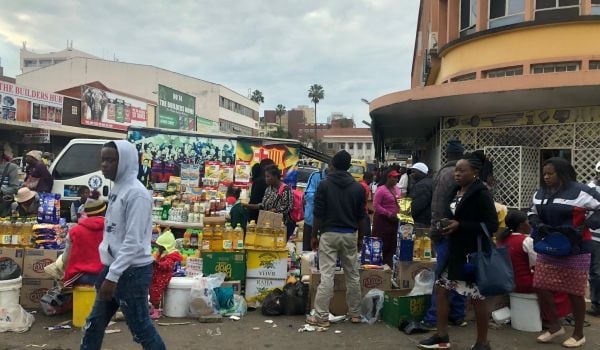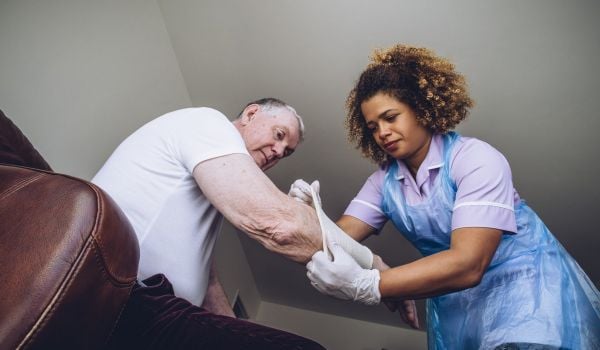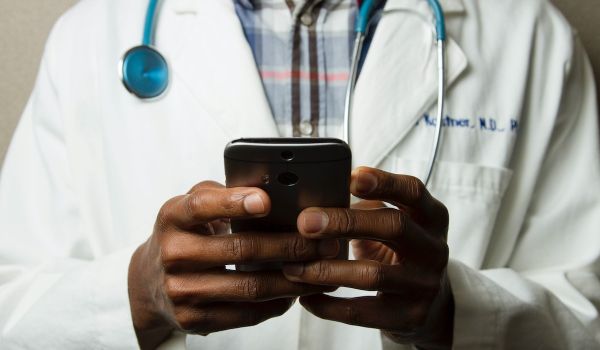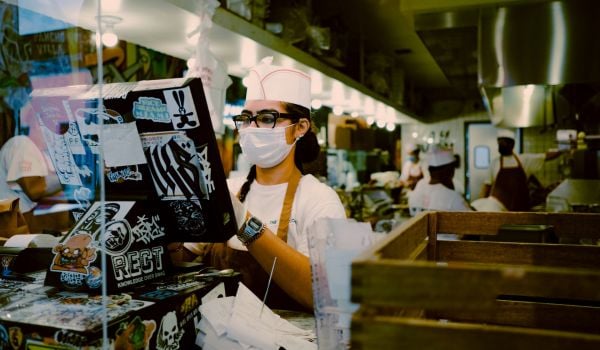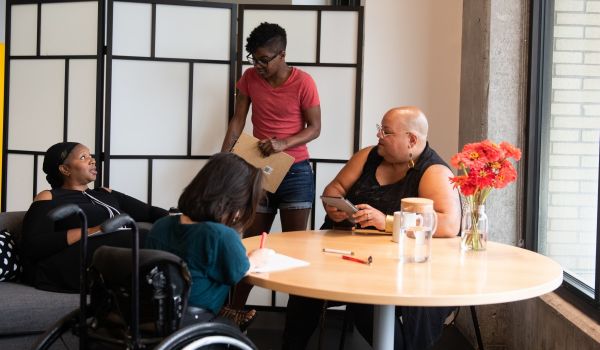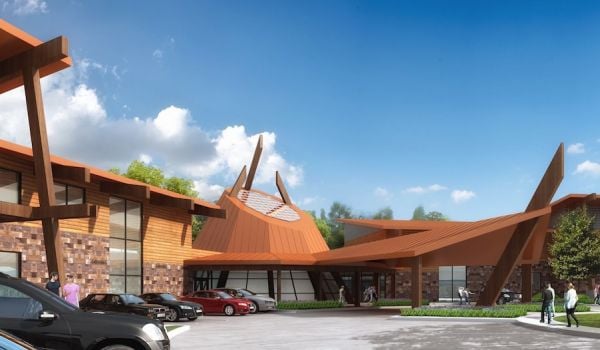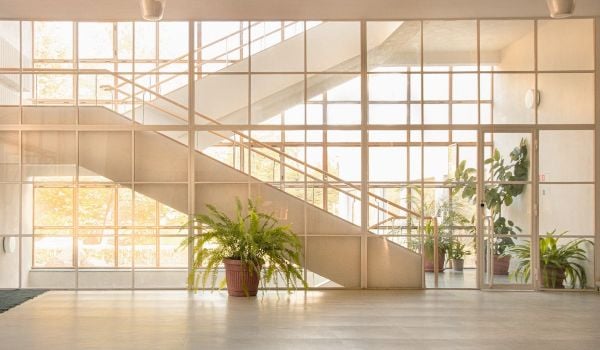We are living in a time of breakneck urbanization. More people than ever before live in cities and over the coming decades, the numbers will grow exponentially. But the places that are growing the fastest bear little resemblance to the gridded, mapped affairs of Europe and the U.S. Across Africa, Asia and Latin America, people are building their own cities from the ground up, without resources or recognition of government. Lacking permits and paved roads, they are building their own neighborhoods, businesses and transportation networks. They are also building healthcare systems.
Those health systems and the innovations they generate will be the focus of Next City’s newest investigation into the informal city, “Health Horizons: Innovation and the Informal Economy.” Supported by the Rockefeller Foundation, this weekly column will run for one year, exploring the challenges and solutions bubbling up from the unnamed streets where 1.8 billion people, or 60 percent of the world’s working population, labor without any legal protection or safeguards, picking trash, transporting goods, selling food and drink, or doing the untold other jobs that keep the urban world running.
Our columnist, M. Sophia Newman, will investigate new technologies designed to work outside of formal healthcare settings and take us to the places where change is being made one person, or paper microscope, or bootleg deworming tablet at a time. She will introduce us to the men and women providing needed healthcare where doctors are in short supply, the hawkers selling what’s needed when a pharmacy is nowhere to be found, and the neighbors devising quick and dirty life-savers when there are few other options around. Together, we will explore the solutions arising from the intersection of health and the informal economy; we will discover what the formal healthcare sector can learn from the informal. None of this is simple, but neither is our future.
Read Newman’s first post of the Health Horizons series, “In This Healthcare System, a Bus Can Double as a Pharmacy,” here.
The “Health Horizons: Innovation and the Informal Economy” column is made possible with the support of the Rockefeller Foundation.
Ariella Cohen is Next City’s editor-in-chief.
Follow Ariella .(JavaScript must be enabled to view this email address)


